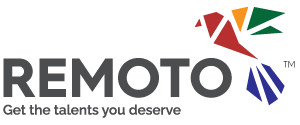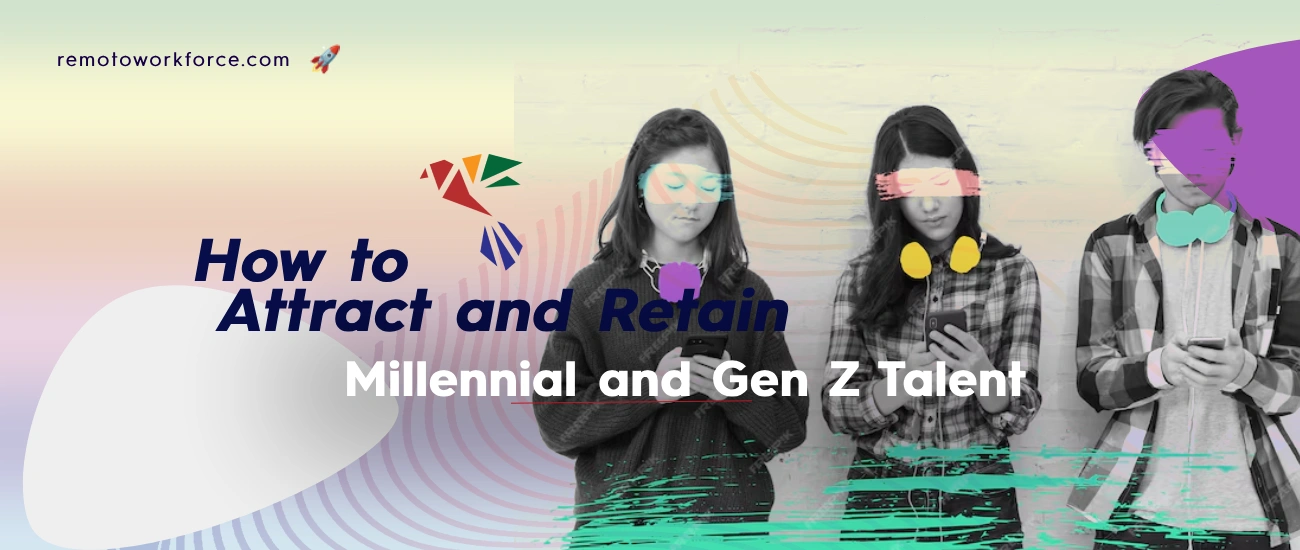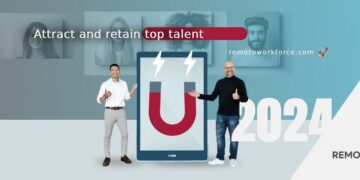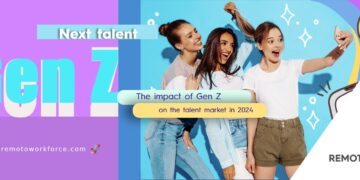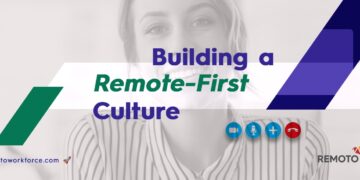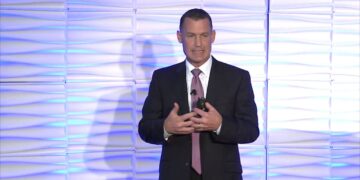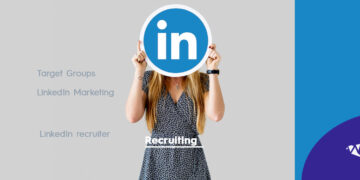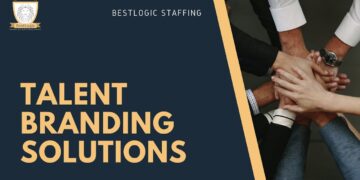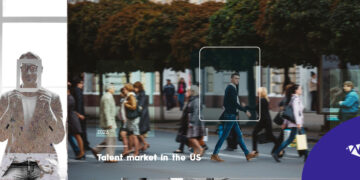Hiring and keeping good employees is tough, but it can be very rewarding. Millennials and Gen Z are leading the way in changing workplaces around the world. They want more than just a paycheck; they are looking for purpose, flexibility, and companies that share their values.
If you want to attract and keep this talented group, let’s discuss new strategies that go beyond traditional methods to build meaningful connections with them.
Purpose Over Paychecks: Why Values Matter
Millennials and Gen Zs want to know that their work matters. They’re not just clocking in and out—they’re looking for purpose. A 2024 Deloitte survey revealed that these generations prioritize societal impact, particularly in areas like environmental sustainability, equity, and mental health. If your company isn’t aligned with their values, they’ll look for one that is.
Showcasing your company’s commitment to social and environmental causes is key. Highlight your corporate social responsibility (CSR) initiatives on your careers page, in job descriptions, and during interviews.
Be authentic—these generations can spot “greenwashing” a mile away. Share real examples of how your company is making a difference, whether it’s reducing your carbon footprint, supporting DEI (diversity, equity, and inclusion) efforts, or contributing to community projects.
Purpose-driven work doesn’t just attract talent; it retains it. Employees who feel their work aligns with their values are more likely to stay loyal, advocate for your brand, and go the extra mile.
Flexibility Is the New Corner Office
The days when a corner office symbolizes success are over. For Millennials and Gen Z, success is about having control over their time and location. Hybrid and remote work options are their expectations. This flexibility allows employees to balance their personal and professional lives, reducing stress and enhancing productivity.
Start by offering work arrangements that adapt to individual needs. Flexible hours, remote work, and even four-day workweeks can set you apart from competitors. But don’t stop there. Create a culture that values outcomes over hours worked. Trust your employees to get the job done without micromanagement.
Remember, flexibility also means understanding life’s unpredictable moments. Whether it’s supporting employees during a mental health crisis or providing parental leave, showing empathy and adaptability strengthens loyalty. When employees feel supported, they’re more engaged and committed.
Build a Culture That Embraces Mental Health and Wellness
Stress and mental health challenges are significant concerns for Millennials and Gen Zs. According to Deloitte’s survey, over a third of these workers report feeling stressed most of the time, citing work pressures and the cost of living as major contributors. Companies that prioritize mental health and wellness can set themselves apart as safe and supportive spaces.
Start by fostering open conversations about mental health. Train leaders to discuss their own mental health experiences, reducing stigma and encouraging transparency. Provide access to mental health resources, such as counseling services, wellness programs, or meditation apps. Small gestures, like scheduling no-meeting days or offering mental health days, go a long way.
Your leadership plays a crucial role in creating a mentally healthy workplace. Employees look to their managers for cues on what’s acceptable. If leaders prioritize mental health, employees will feel comfortable doing the same. This creates a ripple effect that fosters a healthier, more engaged workforce.
Prioritize Lifelong Learning: Skilling for the Future
Millennials and Gen Zs understand that technology, especially generative AI, is transforming workplaces.
They’re eager to stay ahead of the curve but often feel unprepared for these changes. This is where your company can shine. Offering robust learning and development opportunities not only equips your workforce for the future but also positions you as an employer who cares.
Create training programs tailored to emerging trends like AI, data analytics, and digital marketing. Partner with online learning platforms to provide flexible courses employees can complete at their own pace. Make professional development a priority in your company culture, offering clear pathways for growth and upskilling.
Learning and development isn’t just about technical skills. Millennials and Gen Zs value soft skills, too—leadership, communication, and emotional intelligence are just as crucial. Providing opportunities for mentorship and coaching fosters growth and strengthens bonds within your company.
Embrace Their Tech-Savvy Nature
Millennials and Gen Zs grew up in a digital world, and they expect their workplaces to reflect this. Outdated systems and cumbersome processes will frustrate them. To attract and retain this talent, you need to embrace their tech-savvy nature and provide tools that enhance their work experience.
Invest in cutting-edge technologies that streamline workflows and improve collaboration. From AI-powered project management tools to seamless communication platforms like Slack or Microsoft Teams, ensure your tech stack is up-to-date and user-friendly.
But remember, technology is only as effective as the training that accompanies it. Offer tutorials, workshops, and ongoing support to ensure everyone feels confident using the tools.
Additionally, leverage technology in recruitment. These generations are used to intuitive apps and websites. Simplify your application process and showcase your workplace culture through engaging social media content. First impressions matter, and a tech-forward approach signals that your company is forward-thinking.
Celebrate Diversity and Inclusion
Diversity and inclusion are non-negotiables for Millennials and Gen Zs. They expect their employers to celebrate individuality and create a culture where everyone feels valued. This involves integrating diversity and inclusion into your core strategy.
Start by assessing your hiring practices. Are your job descriptions inclusive? Are you reaching a diverse pool of candidates? Use blind hiring techniques and partner with companies that support underrepresented groups to ensure your process is equitable. But diversity and inclusion don’t stop at hiring—they must permeate your workplace culture.
Celebrate cultural holidays, host inclusive events, and encourage employee resource groups that bring people together. Millennials and Gen Zs are vocal about wanting to work for companies that reflect the world’s diversity. When they see your company prioritizing diversity and inclusion, they’re more likely to join and stay.
Align Leadership With Generational Values
Leadership matters to Millennials and Gen Zs, but not in the way it once did. These generations want leaders who are approachable, empathetic, and aligned with their values. They look for mentors, not bosses.
Encourage your leaders to embrace transparency. Regularly communicate the company’s goals, challenges, and achievements. Share how leadership decisions align with the values your employees hold dear, whether it’s environmental sustainability, community impact, or career growth opportunities.
Leaders should also foster collaboration and open dialogue. Listening sessions, one-on-one meetings, and anonymous feedback channels create a sense of trust and mutual respect. When employees feel heard, they’re more likely to engage with and commit to the company.
The Path to a Future-Ready Workforce
Attracting and retaining Millennial and Gen Z talent requires more than competitive salaries and flashy perks. It demands a commitment to their values, their well-being, and their professional growth.
By aligning your company with what matters most to these generations, you’ll not only build a future-ready workforce but also create a thriving workplace culture where employees feel inspired to give their best.
As the workforce evolves, so must your approach to recruiting and retention. Start by implementing these strategies, and watch your company transform into a magnet for the brightest minds of the Millennial and Gen Z generations.
